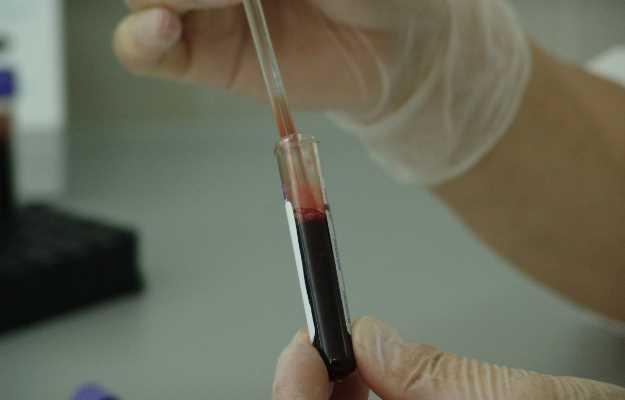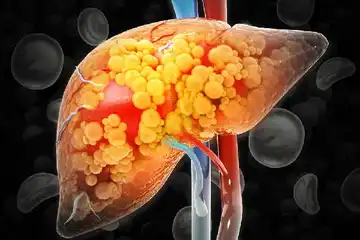What is antithrombin deficiency?
Antithrombin is a kind of protein, which is present in the blood. Primarily, it functions as a mild blood thinner and prevents excess clotting of the blood. Functionally, it acts opposite to thrombin, the clotting protein in the blood.
The deficiency of antithrombin protein can predispose a person to the risk of developing clots in the veins (venous thrombosis).
Antithrombin deficiency could be inherited or acquired.
What are its main associated signs and symptoms?
People who have antithrombin deficiency are at risk of developing blood clots within veins. This is known as venous thrombosis. In such individuals, the first episode of thrombosis or formation of a blood clot is most likely to occur before the age of 40, during which the blood clot may attach itself to the interior wall of the vein. Commonly, venous thrombosis occurs in the lower limbs. Hence, the following symptoms may be noticed in the affected leg:
- Swelling
- Pain
- Inflammation
Commonly associated symptoms if the clot detaches from the leg and travels to the lungs are
What are the main causes of antithrombin deficiency?
In case of an acquired antithrombin deficiency, the following could be the causes:
- Liver cirrhosis
- Presence of kidney disorders
- Severe trauma
- Severe burns
- Chemotherapy
Antithrombin deficiency can be inherited as well. Both men and women are equally genetically predisposed to inheriting this deficiency. The presence of an abnormal gene can lead to low levels of antithrombin protein in the blood.
How is it diagnosed and treated?
The diagnosis of this condition involves examining the physical symptoms of the patient and ruling out the possibility of other health condition. Following this, the doctor is most likely to recommend a blood test, which helps to determine if one has low levels of antithrombin in the blood. However, there are other factors which can result in low antithrombin levels. Hence, repeated testing may be needed to confirm the underlying cause and rule out inherited antithrombin deficiency.
Antithrombin deficiency is primarily treated with blood thinning medications, also known as anti-coagulants. However, the dosage and frequency of these will vary from person to person and need to be kept under strict control.
(Get online doctor consultation for any health issue)

 Doctors for Antithrombin Deficiency
Doctors for Antithrombin Deficiency 
















